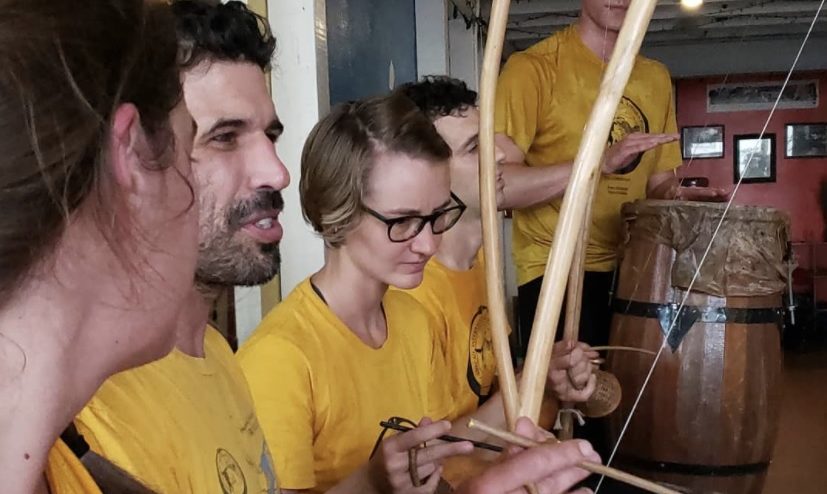Free Money? Yes, Please.
Attending college can be prohibitively expensive. Tuition alone can be a barrier to some, but for others, it is the actual cost of attendance that is the issue. Maybe your Pell Grant covers tuition here at a college like Seattle Central, but what about all of the other associated costs? Some people are able to balance work and school, but not everyone has that ability. Some students need to spend more time studying and less time working. Taking that into account, how do students that aren’t living with parents pay rent or eat anything besides ramen packets?
Any and all students should be taking the opportunity to apply for scholarships. There are people out there that want to give students free money. But is it really ‘free’ when a student must write countless essays, submit official transcripts and ask instructors for letters of recommendation? Time is money, but what is the opportunity cost of your decision on whether or not to invest in scholarship applications?

- A good rule is to start looking for scholarships that are applicable. There’s no reason to apply for a scholarship that is only open to high school seniors if that doesn’t apply. Make sure to read the fine print.
- It helps to prioritize the scholarships by award amount, deadline, time investment required, back-up information requested, and probability of a positive outcome. If a scholarship is $500 and they want an official transcript that will cost you $10, two letters of recommendation, and a 2000 word essay, make sure it’s worth it to you. If you don’t think that you’re likely to get the award because you don’t have a convincing enough reason to win that scholarship, that might not be worth the effort. Look for scholarships that will accept unofficial transcripts.
- Make a calendar. Schedule time to spend filling out specific applications and stick to it.
- Ask for recommendation letters EARLY. Instructors do not like it when you come to them the day before your application is due and you’re asking for a letter of recommendation. If you aren’t respectful of their time, they probably won’t recommend you!
- Don’t be afraid to ask for rec letters! It comes with the job. Some instructors will say no, and that’s ok. Just ask someone else. Also, once they’ve written one for you, it is substantially easier to write another. It’s called copy and paste, and you can be sure that they’ll be using those functions when it comes to your precious letters. This works in your favor since it is less work for everyone. They’ve already done the work, and you’ve already done the asking! Copy and paste those letters until there are enough out there to wallpaper your bedroom walls.
- Save all of your essays. Keep a master document with all of the essays you write so you can refer back to them for other applications. Some people suggest using a master personal statement that you can use as a basic template for every application, but that doesn’t always work. Some applications are very specific and may want to know about specifics you haven’t included in your personal statement. No matter what, save everything you write and submit. It will help you in the long run.
- Attend a workshop. The Multicultural Services Office at Seattle Central holds scholarship workshops every quarter. They are extremely helpful, providing tips on how to write your personal statement and even where to look for scholarships! You can also go to the Bruce McKenna Writing Center to have someone read your statement and help you with editing.

Ok, so you have the basics on what to do, but how do you find the scholarships? Start by attending one of the scholarship workshops on campus to find out about some of the scholarships available for current SCC students and those ready to transfer.
Searching online for different scholarship opportunities can be time consuming and overwhelming. There are scholarships available by the major course of study, ancestry, age, location, citizenship status, disability, sexual orientation, income, and more. There are even sites that pose as scholarship organizations, but you’re just entering a random drawing. This might be fine for some students, but these are left more to chance than by merit.
The links to the following scholarship sites are a good place to start:
- TheWashBoard.org – your one stop shop for scholarship matching
- Seattle Foundation Scholarships – for Seattle Central Students!!!
- Scholarships.com – this is a good place to start a search by major, year of study, or background
- The Dream – scholarships for dreamers
- Gates Millennium Scholars Program – for 20,000 outstanding students of color
- Pride Foundation – for LGBTQ+ and allies – deadline January 11th
- Point Foundation – LGBTQ+ scholarships
- Jack Kent Cooke Transfer Scholarship – for low-income and high GPA transfer students
- Benjamin A. Gilman International Scholarship – for students looking to study abroad







